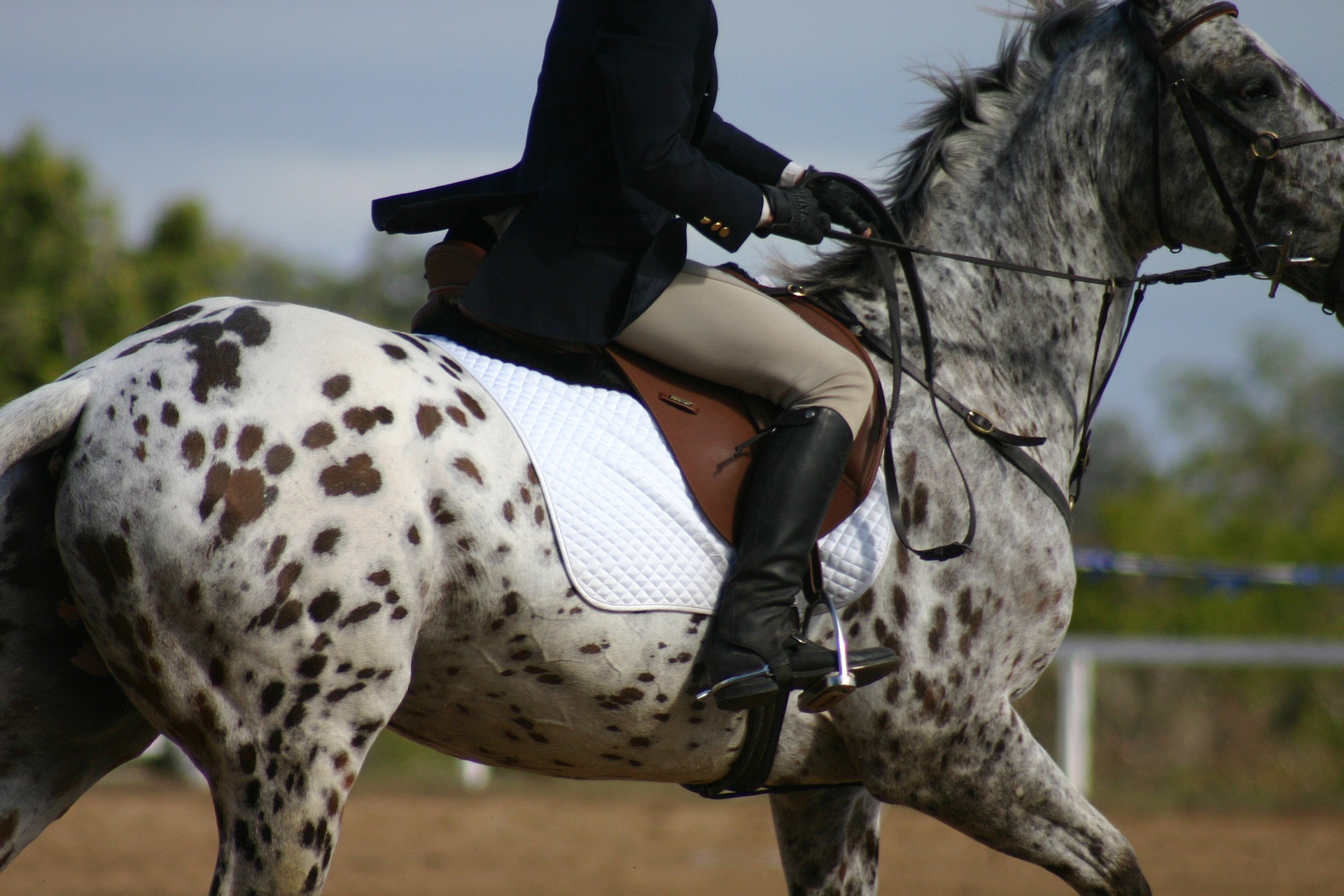VALENCIA – In February, an outbreak of Equine rhinopneumonia (HVE-1) was diagnosed in competition horses at a riding club in Valencia. 156 horses are in isolation with many infected.
Four horses have since died of the virus, 84 show signs of illness and 11 are being treated in clinics in Valencia and Barcelona. The international equestrian federation FEI speaks of the ‘worst outbreak’ in decades.
Given the scale of the outbreak, more than 20 veterinarians are dealing with the situation in Valencia. All horses that entered the same competition and left the grounds are how under the supervision of the Royal Spanish Equestrian Federation RFHE, the regional, Spanish and European health authorities.
Further outbreaks
There are related outbreaks in France, Belgium and Germany. In the Netherlands, people are extremely alert to the outbreak as 25 Dutch horses were present at the competition in Valencia. Of these, 13 are in isolation and 12 are still in Spain.
British showjumper Andrew Saethers remains on site with his four geldings, who are still experiencing a fever. “It’s like a war zone here and I’m struggling,” he told British magazine Horse & Hound. “It’s an awful situation, there’s no other way of describing it.
‘War zone’
Those affected describe the situation as a “war zone”. According to witnesses, “the horses just fall to the ground, exhausted from their own battle with the virus.” Two of the horses affected by the disease and died belong to a group of German show jumpers.
The World of Showjumping portal displays testimonials from members of the German Hilmar Meyer team: “I think at this point the best thing to do is to close the venues in Europe and make sure all horses are tested. I think that’s the only way to prevent it from turning into a major pandemic. “
Another participant, rider Alexa Stais, asks to pray for all the horses fighting the virus. “It feels like a war zone, a war against the virus. The horses simply fall to the ground, exhausted from their own battle with the virus. Some horses have already died. ”
Action protocol in effect
The RFHE urges to avoid all movements of horses, but especially those related to international circuits. In addition, the action protocol of the Ministry of Agriculture, Fisheries and Food has been published.
Competition ban
In addition, a competition ban applies to all 752 horses that are or were in Valencia. At least two negative rhino tests per horse must be shown before they can participate again.
The FEI has cancelled international competitions in ten European countries with immediate effect until March 28 “due to the rapid evolution of a highly aggressive strain of the neurological form of equine herpes virus (EHV-1), which originated in Valencia and has already caused related outbreaks in at least three other European countries.” The decision affects all disciplines of the FEI in France, Spain, Portugal, Belgium, Italy, Austria, Poland, the Netherlands, Germany and Slovakia, the body said in a statement.
Parliamentary questions Vox
The political party Vox has now submitted a request to question Minister Planas of Agriculture, Fisheries and Food about the measures taken by his ministry to prevent the spread of the rhinopneumonia virus. The party also wants the measures considered to help all those affected.
What is Equine rhinopneumonia?
The rhinopneumonia virus disease appears in three different forms. The herpes virus is the most common. This causes the horse to catch a cold, develop a fever and cough. There is also the so-called abortion variant, whereby foals are still born. In addition, there is a neurological form. Infected horses have their hind legs paralyzed and some cannot stand at all. This form is the deadliest of the three, but it is the least common.


